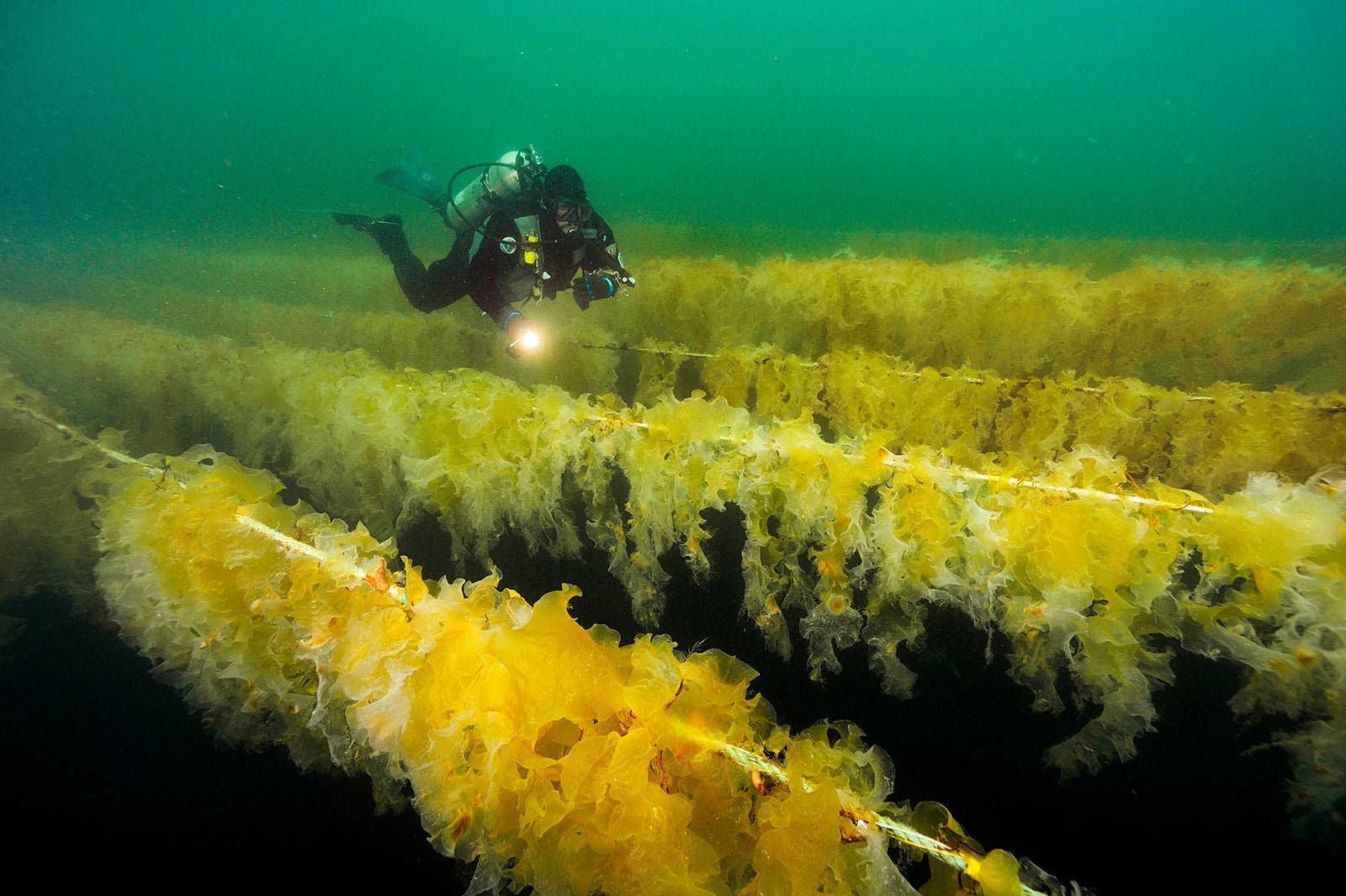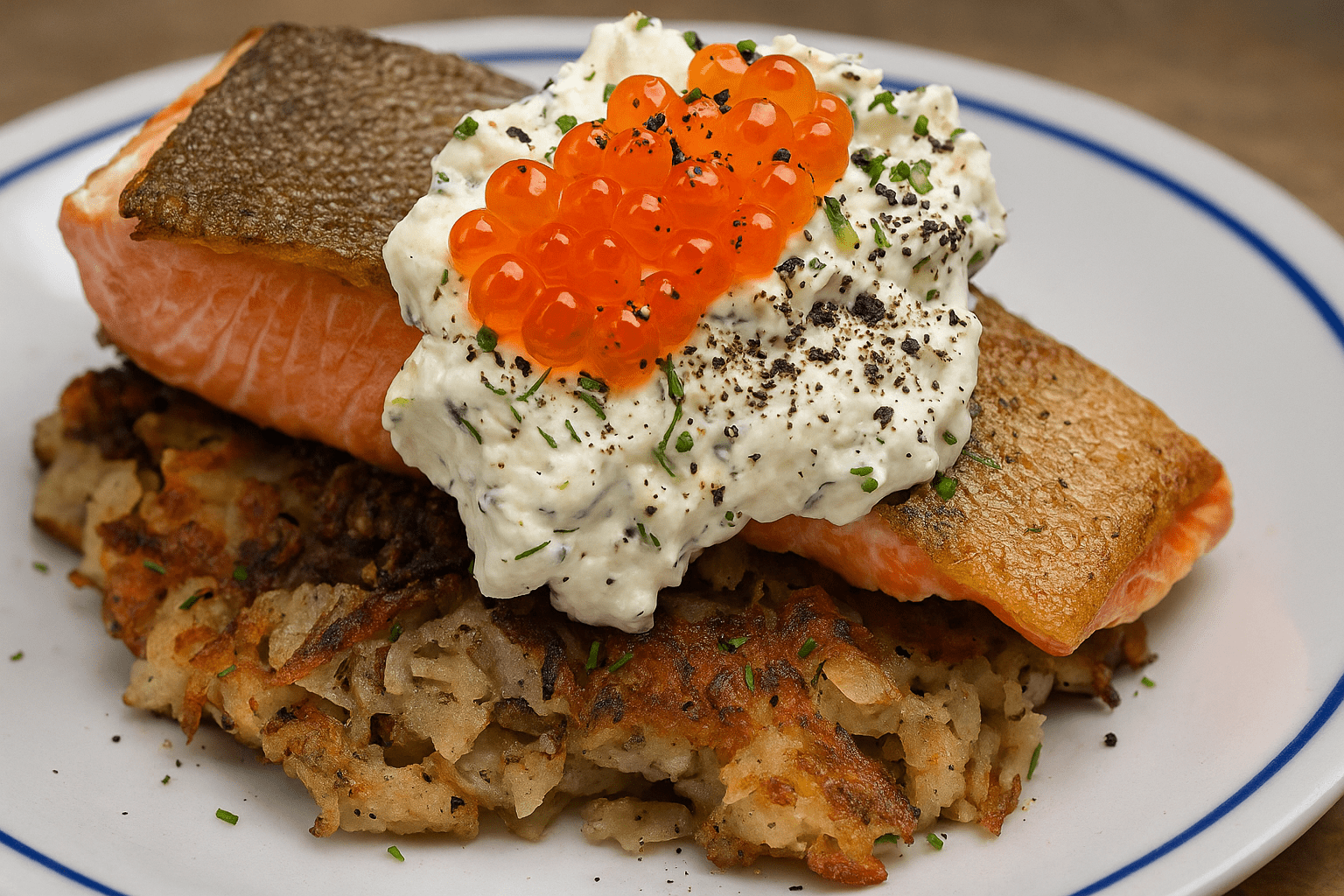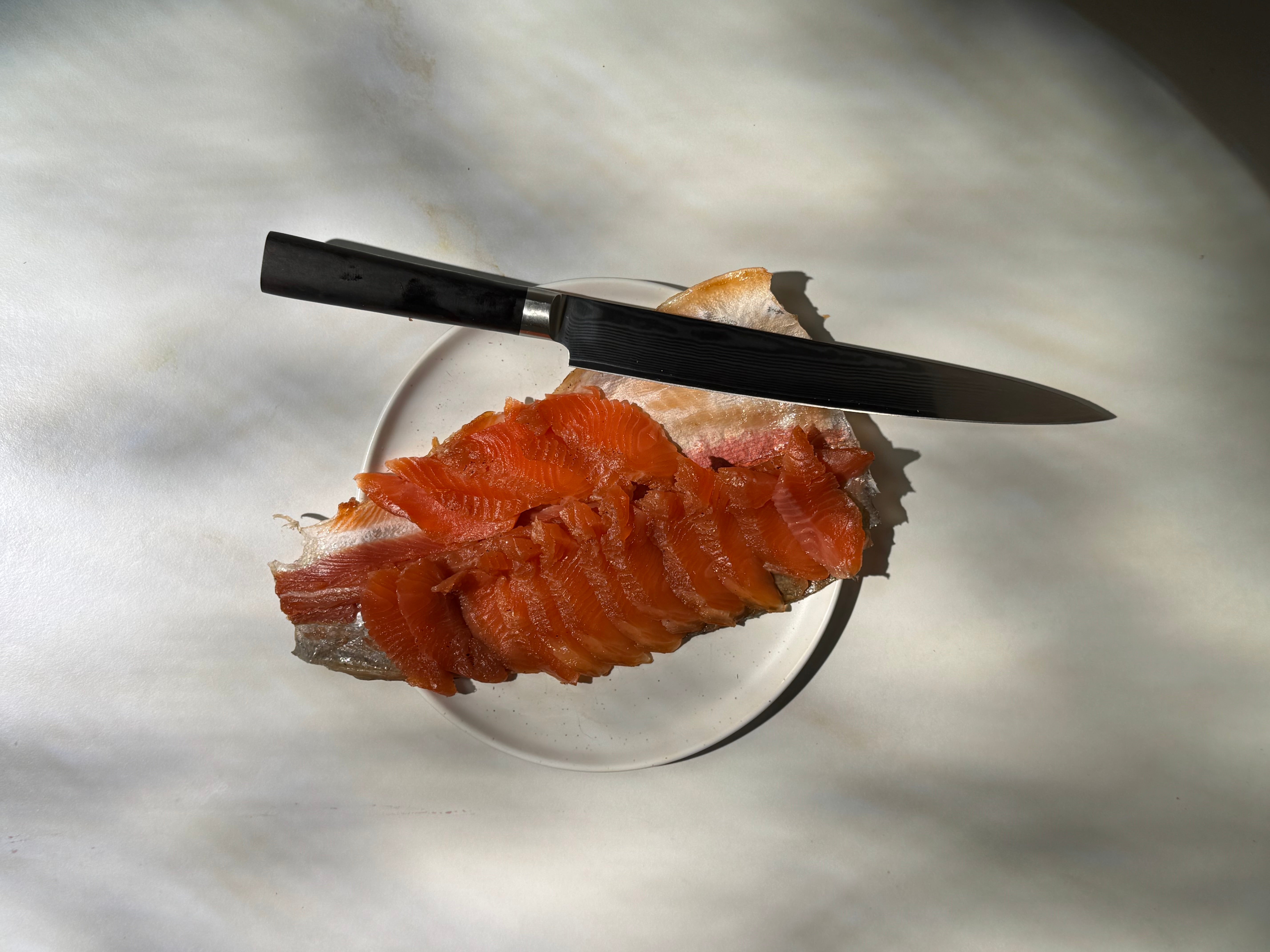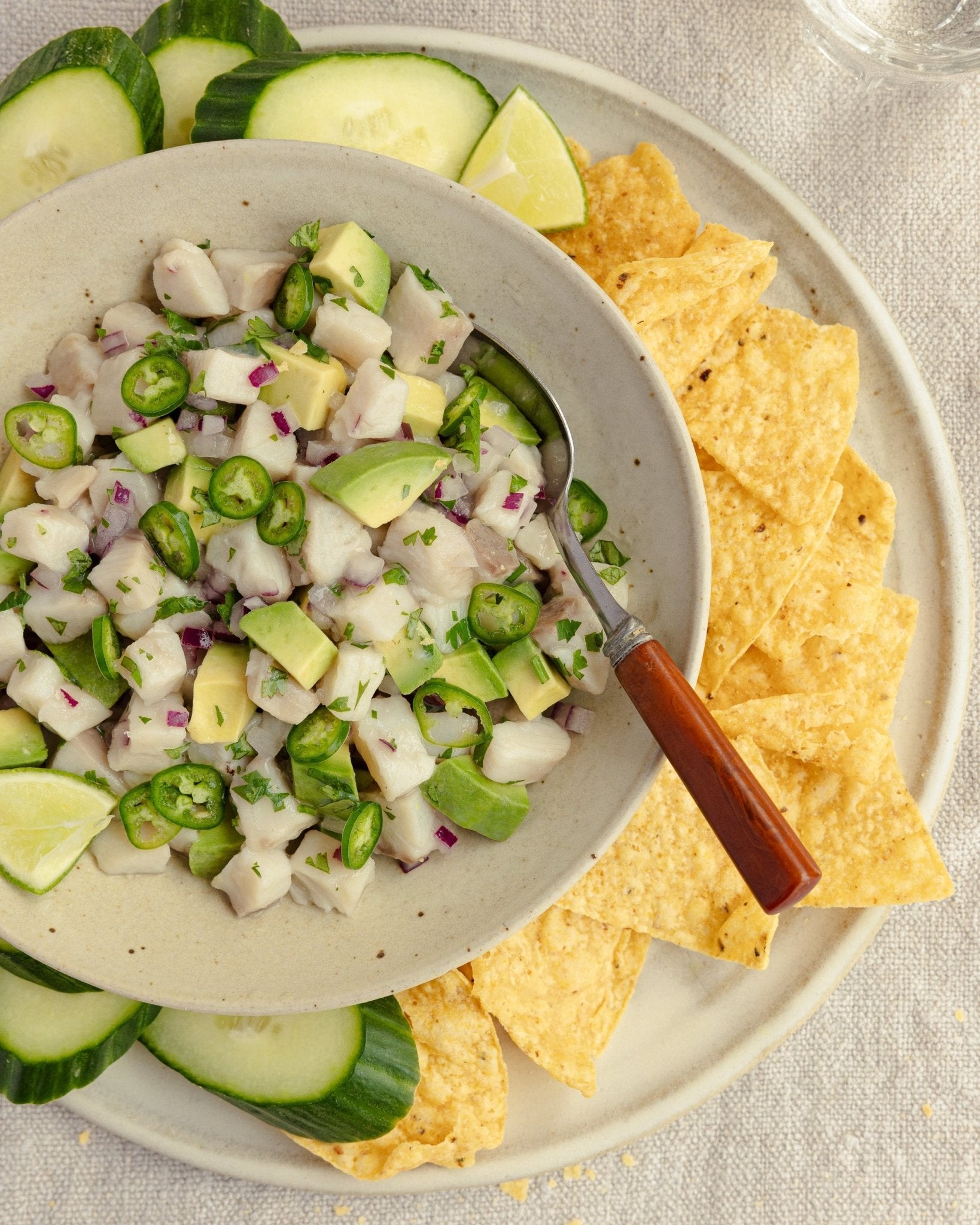A Milestone in Ocean Regeneration

We are thrilled to celebrate a monumental achievement at Seatopia: together with our members, the Seatopia community, we have funded the planting of 13,000 kelp trees along the breathtaking shores of British Columbia—quietly transforming the very oceans that nourish us.

Planting kelp isn’t just a feel-good project; it’s about making a quantifiable impact on ocean health. Kelp forests create habitat, for marine species, sequester carbon, and protect shorelines It’s a profound reminder that with every bite of certified clean seafood, we can actively regenerate the oceans we love.
Why Kelp Reforestation Matters: Ecosystem Services
Kelp forests are not just participants in the marine ecosystem—they actively regenerate it. These underwater giants improve water quality by absorbing excess nutrients like nitrogen and phosphorus, which are often responsible for harmful algal blooms and oxygen-deprived dead zones. In areas impacted by stormwater runoff and pollution, kelp acts as a natural filter, reducing nutrient overload and helping restore balance to marine environments.

By planting kelp, we are creating vibrant ecosystems that provide essential habitats for marine life. These forests offer refuge and foraging grounds for species ranging from commercially important fish to the smallest invertebrates, fostering biodiversity and enhancing the productivity of coastal waters.


Additionally, kelp’s ability to "soak up" pollutants makes it a powerful tool for combating the impacts of human activity. From reducing nutrient levels to potentially absorbing heavy metals, kelp forests are a natural defense against coastal pollution. While not all of this kelp is destined for the dinner table, its environmental benefits are invaluable.

Beyond improving water quality, kelp helps protect coastlines by acting as a buffer against strong waves and storm surges, reducing erosion and safeguarding both ecosystems and the coastal communities that rely on them.

Seaweeds have also become increasingly popular in carbon sequestration efforts, as they are incredibly efficient at absorbing carbon dioxide and using it to grow (up to 12 inches per day!). While eelgrass, mangroves, and salt marshes are known for their carbon storage abilities, seaweeds pull more greenhouse gasses from the water than all three combined, based on biomass. This means that seaweed farms can help combat localized impacts of ocean acidification.

By supporting kelp reforestation, the Seatopia community is helping to heal our oceans—one kelp tree at a time. This isn't just about preserving what exists today; it’s about restoring balance to marine ecosystems and leaving a legacy of healing our blue planet.
Hotham Sound and Venture Point: A Focus on Key Locations
This milestone marks the first kelp reforestation project that Seatopia has funded, in collaboration with Coastal Kelp, veritree, Ecodrive, and Sea Forest. Together, we are transforming two key locations along the pristine coast of British Columbia: Hotham Sound and Venture Point in the Okisollo Channel. Hotham Sound is renowned for its clean waters and diverse marine life, but it was severely impacted by mass kelp die-offs during the most recent El Niño. This makes it an ideal location for restoring kelp forests. With the support of our partners, our funding is helping regenerate these ecosystems by planting bull kelp, sugar kelp, and Alaria marginata. These kelp forests not only absorb excess nutrients but also create vital habitats for marine species, enhancing biodiversity and supporting the overall health of the region.
At Venture Point, Sea Forest is working to repurpose a former industrial salmon farm into a thriving kelp cultivation site. This innovative project showcases the potential of regenerative aquaculture by transforming a site previously used for monoculture commodity salmon farming into a flourishing marine ecosystem. This project underscores the benefits of Integrated Multi-Trophic Aquaculture (IMTA) systems, where kelp and finfish farming work in synergy, balancing nutrient levels and promoting healthier oceans.


Both sites are part of a coordinated effort led by Coastal Kelp, with veritree providing monitoring and verification to ensure that every kelp tree planted delivers measurable, positive impacts. As the first Seatopia-funded kelp project, these locations mark the beginning of our larger vision for restoring marine ecosystems through kelp reforestation and regenerative aquaculture.
Looking Ahead: The Future of Kelp Reforestation and Regenerative Aquaculture
While reaching the 10,000 kelp tree milestone is a momentous achievement, it’s just the beginning.


We’re committed to scaling up our efforts with a vision of planting even more kelp trees across additional sites worldwide. By restoring coastal ecosystems, we can help build a resilient future for our oceans, one kelp forest at a time.
Conclusion: A Collective Achievement
Planting 13,000 kelp trees is a testament to the power of collaboration and community. This achievement belongs to the entire Seatopia community—our members, partners, and everyone who believes in the transformative potential of regenerative aquaculture. Together, we are not just consumers; we are active participants in the regeneration of our oceans and the restoration of ecosystems that sustain life on this blue planet.
Each kelp tree planted is a step toward a healthier, more vibrant marine environment—an investment in the future of our oceans and our planet. With every bite of certified clean seafood, you’re not only nourishing your body, but you’re also contributing to the healing of the blue planet we all depend on.












Share:
Discovering Pure Flavor and Sustainable Innovation in Upstate New York: Hudson Valley Fisheries
Introducing Esteros Lubimar: A Regenerative Approach to Exceptional Seafood